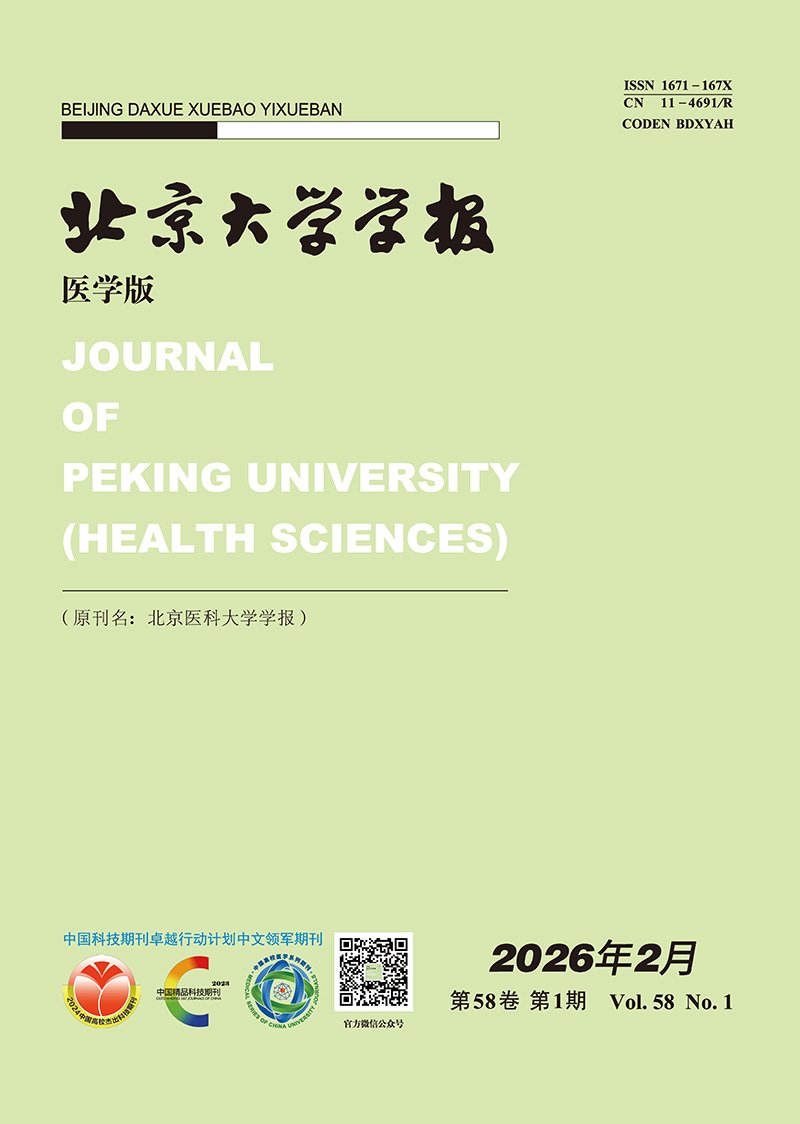 Peer Review
Peer Review-
Peer Review
The primary criteria for judging the acceptability of a manuscript are its quality, novelty, and scientific importance. However, editorial decisions are based not just on the technical merits of the work, but also on factors such as policy and regulation, presentation of the material, and relevance to the journal’s general readership.
At the discretion of the Editors, a manuscript may be rapidly rejected, without external peer review, if it had academic dishonourable behaviors, such as plagiarism, practicing fraud and so on, or it is deemed uncompetitive or outside the scope of the journal. All manuscripts are judged in relation to other submissions currently under consideration.
Manuscripts that have passed initial screening by the Editors are reviewed by members of the Editorial Board and/or other experts in the field. The Editors select reviewers and make the further decision on the manuscript. Then we organize experts in different fields to give final decision on the manuscript through manuscripts meeting. Reviewers remain unknown to the authors. Every manuscript is treated by the Editors and reviewers as privileged information, and they are instructed to exclude themselves from review of any manuscript that may involve a conflict of interest or the appearance of such.
Rebuttals to rejected manuscripts are strongly discouraged, and requests for resubmission of rejected manuscripts are generally not granted without significant demonstration of errors in the review or decision process. The majority of articles are rejected on grounds of insufficient priority, data quality or technical issues are also the reason for rejection.Instructions for reviewers
Our expert reviewers are instrumental in achieving the high quality and prominence among medical journals that Beijing Da Xue Xue Bao Yi Xue Ban strives for. We greatly appreciate your participation in our peer review process and the contribution of your time and expertise.
Please note that all information regarding a submitted paper should be kept confidential.
By accepting an invitation to review you certify that you have no conflict of interest, either financial or professional. Please notify the editor and recuse yourself from reviewing a manuscript if you believe you have a direct financial interest in the subject of the manuscript or a relationship with an author or affiliated institution that may represent a potential conflict relevant to review of the manuscript, such as current employment at the same institution, recent mentoring, close collaboration, or a joint grant.
What criteria should I use to write my review?If the manuscript includes actual data, are the methods employed adequate and appropriate for the questions being addressed? Are the conclusions justified given the data presented?
If the manuscript does not present original data, but instead provides a review or perspective on a topic, are the content, style, and tone of the manuscript appropriate? Are the arguments balanced? Will the manuscript stimulate constructive discussion?
Is the presentation clear? Are the style and organization high quality?
How important and novel is the work submitted?Do the conclusions of the study provide important and sufficiently novel results to advance the field?
If, in your judgment, the submission lacks sufficient scientific rigor, or fails to sufficiently advance the field, please tell the authors and the editor.
When you provide comments to the author, be as clear and constructive as possible. In your confidential remarks to the Editor, please give your honest opinion about the suitability of the paper for publication in Beijing Da Xue Xue Bao Yi Xue Ban. Please be reminded that any appearance of conflict of interest or suspicion of duplicate publication, fabrication of data, or plagiarism should be reported to the Editor immediately.
If you feel that a few additional experiments are needed to justify or enhance the scientific basis of the conclusions, please request that the authors do so. However, please keep in mind that you are asked to evaluate the work as it has been submitted in its current form, so we advise against asking the authors to perform extensive new experiments. If after a careful assessment you feel that extensive additional experiments are needed, it is usually better to recommend that the paper be rejected.
What overall recommendation can I make?As reviewer you are given four options to choose:
· Reject
· Major Revision needed
· Minor Revision needed
· Accept
What is the difference between Major and Minor Revision decisions?An important distinction in your recommendation is between “major” and “minor” revision. “Major” revision for experimental manuscripts means that any new data should be obtainable, and the manuscript modified, within 1 months of the editor’s decision to invite a revision. For clinical manuscripts, data handling/analysis and manuscript modification should be achievable within this 1-month period. “Minor” revision usually refers to relatively simple changes to the data presentation or text.
-
《北京大学学报(医学版)》2020年第52卷第3期“公共卫生学研究”重点号征稿和征订启示
(2019-12-31) -
《北京大学学报(医学版)》2020年第52卷第4期“泌尿外科疾病研究”重点号征稿和征订启示
(2019-12-19) -
《北京大学学报(医学版)》入选2018年度中国百种杰出学术期刊
(2019-11-20)

WeChat public address

Sponsor: Peking University
Editor-in-Chief: ZHAN Qi-min
Executive Editor-in-Chief: ZENG Gui-fang
Editing and Publishing: Editorial Department of Journal of Peking University (Health Sciences)
ISSN: 1671-167X
CN: 11-4691/R